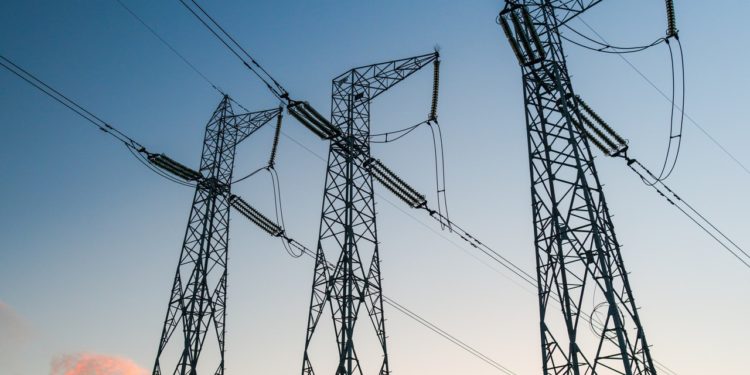Finance Minister Announces Resolution in Sunon Asogli Debt Dispute, Easing Power Disruptions
The financial impact of the disruption underscores the critical role that liquidity and debt management play in the power sector.
- Advertisement -
Ghana is on the cusp of securing a more stable power supply following the government’s renegotiation of terms with Independent Power Producer (IPP) Sunon Asogli, a move intended to ease ongoing power disruptions stemming from a protracted financial dispute with the Electricity Company of Ghana (ECG).
The 560-megawatt Sunon Asogli plant, a key asset in Ghana’s energy matrix, has been out of operation since October 16, following ECG’s failure to settle outstanding debts, which had reached an estimated $259 million by September. Excluding fuel costs, the unpaid balance forced Sunon Asogli to halt operations, a decision that reverberated across multiple regions of the country as communities experienced widespread power cuts.
- Advertisement -
The new agreement, announced by Finance Minister Dr. Mohammed Amin Adam, seeks to restore stability by addressing the debt impasse, allowing Sunon Asogli to resume operations and alleviate the strain on Ghana’s national grid. Speaking at a media briefing on October 28, Dr. Amin Adam confirmed that the government and ECG are finalizing settlement terms, which are expected to be signed imminently. The deal is anticipated to normalize relations between ECG and Sunon Asogli, enabling the latter to return to full production capacity and providing much-needed respite from power shortages.
- Advertisement -
This resolution, however, is part of a larger restructuring strategy encompassing multiple IPPs, underscoring the government’s focus on restructuring Ghana’s energy sector for greater resilience and sustainability. The move also reflects Ghana’s broader goal of establishing a more robust energy foundation amid ongoing fiscal constraints and growing electricity demand. As Dr. Amin Adam stated, the government’s commitment to completing restructuring agreements with other IPPs will be essential in fostering long-term stability and ensuring reliable electricity for Ghana’s economic development.
- Advertisement -
The financial impact of the disruption underscores the critical role that liquidity and debt management play in the power sector. With ECG’s substantial debt to IPPs, experts have called for strategic policy interventions to address the sector’s systemic issues. According to Dr. Amin Adam, the agreement with Sunon Asogli should not only restore current capacity but serve as a precedent for settling accounts with other producers, a key step toward improving Ghana’s overall energy framework.
This latest agreement marks a pivotal development in Ghana’s energy landscape, as the government works to secure a balance between sustaining investment in the power sector and mitigating financial bottlenecks. As the restructuring process progresses, energy market analysts and stakeholders will be closely monitoring Ghana’s ability to deliver a sustainable solution that aligns with the country’s economic growth objectives and energy demands.
Source:norvanreports.com
- Advertisement -



